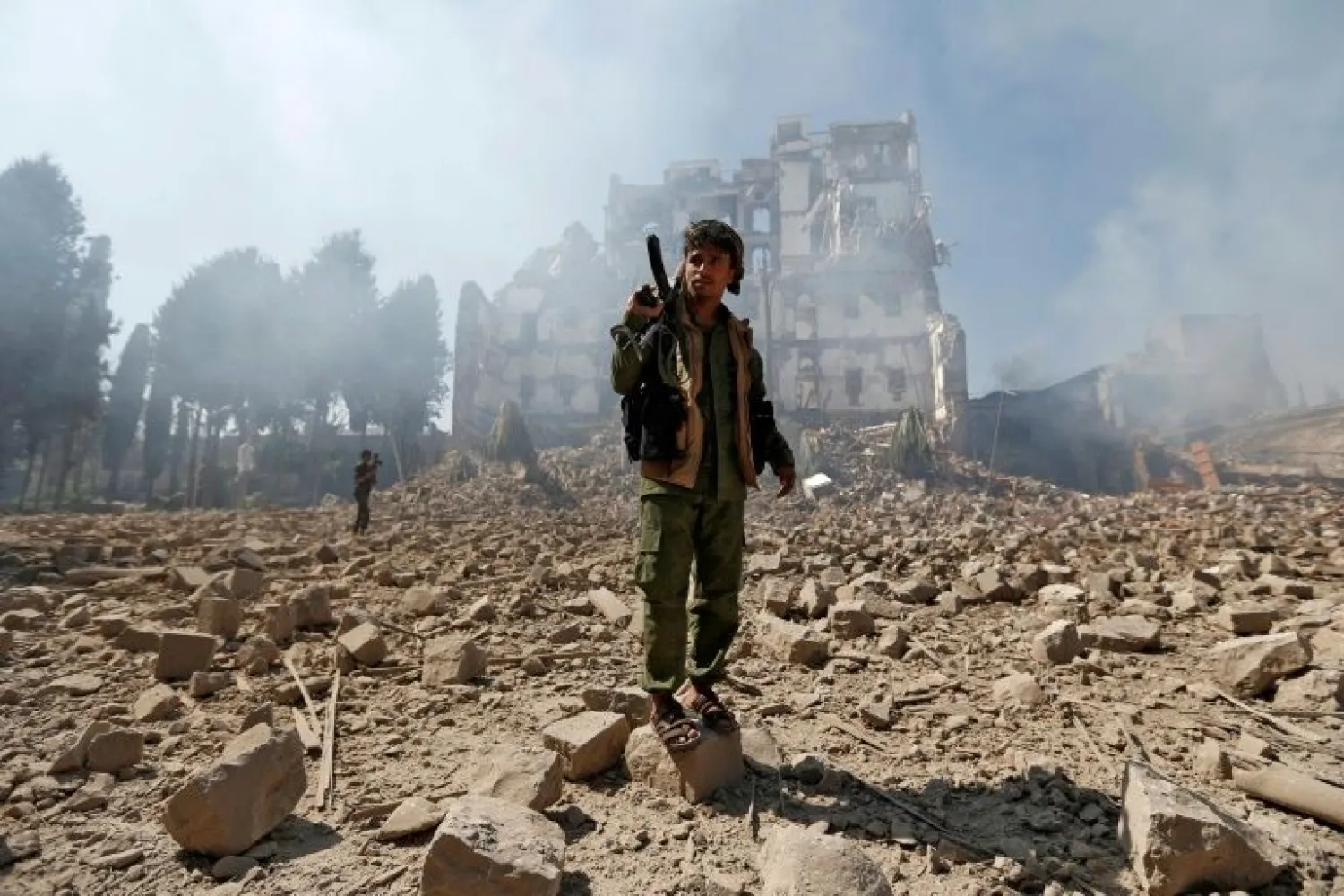The Yemeni Army and allied fighters on Friday got closer to clearing the province of Shabwa from Houthis insurgents following fierce battles that led to the liberation of the Bayhan directorate and other surrounding areas, forcing militias to flee.
A spokesman for pro-government forces, Brigadier Abdo Majli, told Asharq Al-Awsat that Yemeni expert teams have already begun removing mines planted by Houthis in Bayhan and other areas ahead of securing a safe return for the residents.
“The victory at the Bayhan-Assaylan front would allow the Army to continue its operation for the full liberation of the province of Shabwa,” Majli said.
He added that on Friday, the military coalition fighting the Houthis in Yemen was able to target a boat in Ras Isa in the Lihyah directorate. The boat carried Houthi militias, who were all killed, according to Majli.
He did not rule out that those militias were trying to escape from a Yemeni region to another after legitimate forces were advancing in the area.
According to the spokesperson, the coalition forces killed a large number of high-ranking Houthi officials. “This development will confuse Houthi members and will paralyze their military moves,” he said, adding that the Yemeni army now controls a large number of important positions at the Bayhan front.
Separately, UN special envoy to Yemen Ismail Ould Cheikh Ahmed said on Friday that “the developments in Sana’a are unacceptable and a violation of international law.”
In a number of tweets, the UN envoy called for an “immediate” end to the violence that the General People’s Congress leaders are being subject to, such as arbitrary detention and intimidation.
Ould Cheikh Ahmad also said he held talks with senior members of the GPC, offering his condolences over the death of its chief former President Ali Abdullah Saleh.









